Anyone who moves to a new country knows it takes a lot of effort to get out there and make new friends.
But as well as connecting with new people, you’ll probably notice some of your actual social life habits change too.
Here’s what you should look out for as you adapt to life in Spain.
You meet for an aperitivo
This pre-lunch routine is an essential weekend activity. It involves a glass of something cold – vermouth, sherry or an ice-cold caña – accompanied by a salty snack such as green olives or roasted almonds and is always enjoyed with friends and laughter.
It’s perfectly acceptable to meet friends just for the aperitivo for an hour or two before heading to your next social engagement, the long lunch.

You spend hours lingering over a meal
Which brings us nicely to the next point, a good meal should include a long leisurely chat long after the plates have been cleared.
Two hours after you first sit down it is not uncommon to be still seated at the table enjoying a sobremesa – the word describing the postprandial chat with your family members, friends or work colleagues.
This is when you will order copas such as ‘Gin Tonic’.
You learn not to be annoyed by lateness
It may be considered rude in some countries to keep someone waiting but Spaniards will be utterly perplexed if you apologize for anything less than a 20 minute delay to a social meetup. And they certainly won’t understand why you are annoyed when they casually stroll up 20 minutes late.
It’s not uncommon to receive a text at the time you are supposed to be meeting with the phrase “estoy en camino”. It literally translates as “I’m on my way” but probably means they are just leaving the house.
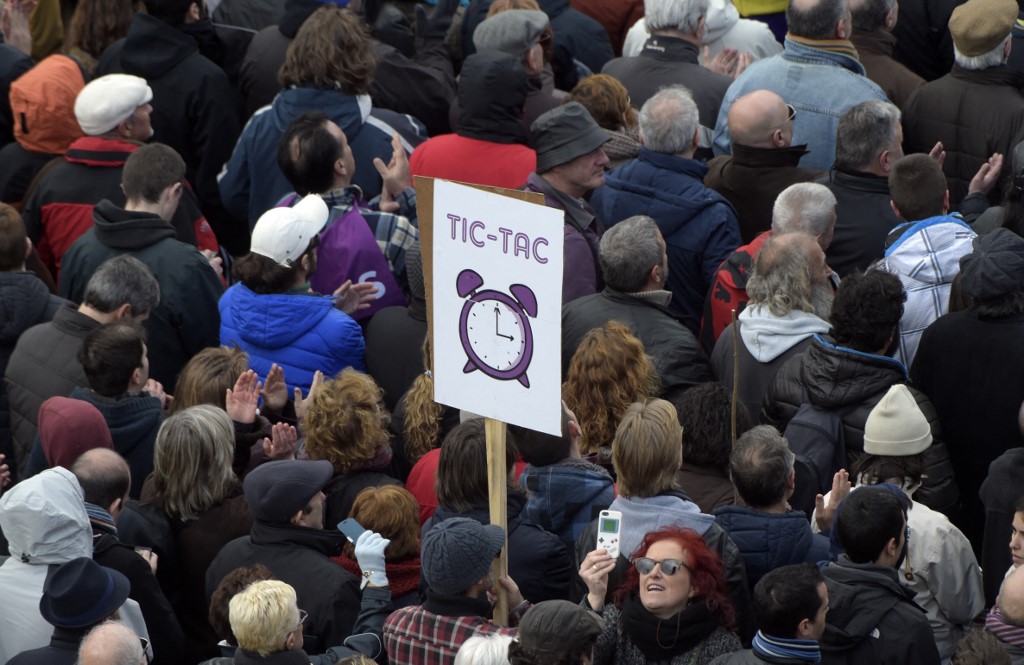
And you start to do everything later too
Ok, everyone knows this one, but it is true. After living in Spain, the eating times in the UK, USA and practically everywhere else on the planet seem far too early. Spaniards typically eat lunch between two and four and don´t even think about dinner until around 9pm, unless you want to dine with the other guiris.
So a weekend lunch often doesn’t start until 3pm and a dinner reservation could be as late as 10pm or even 11pm.
It’s totally normal to meet friends for a drink after 11pm – just when you might be heading to bed in your home country.
You learn to confirm (and cancel if it’s raining)
Arrangements are not set in stone until you confirm at least on the day and quite often just an hour before you are supposed to be meeting up.
Spanish people often make plans with different groups of friends and then attempt (not always successfully) to combine the activities.
Oh, and in much of Spain where rain is scarce, it’s perfectly acceptable to cancel because of a downpour.
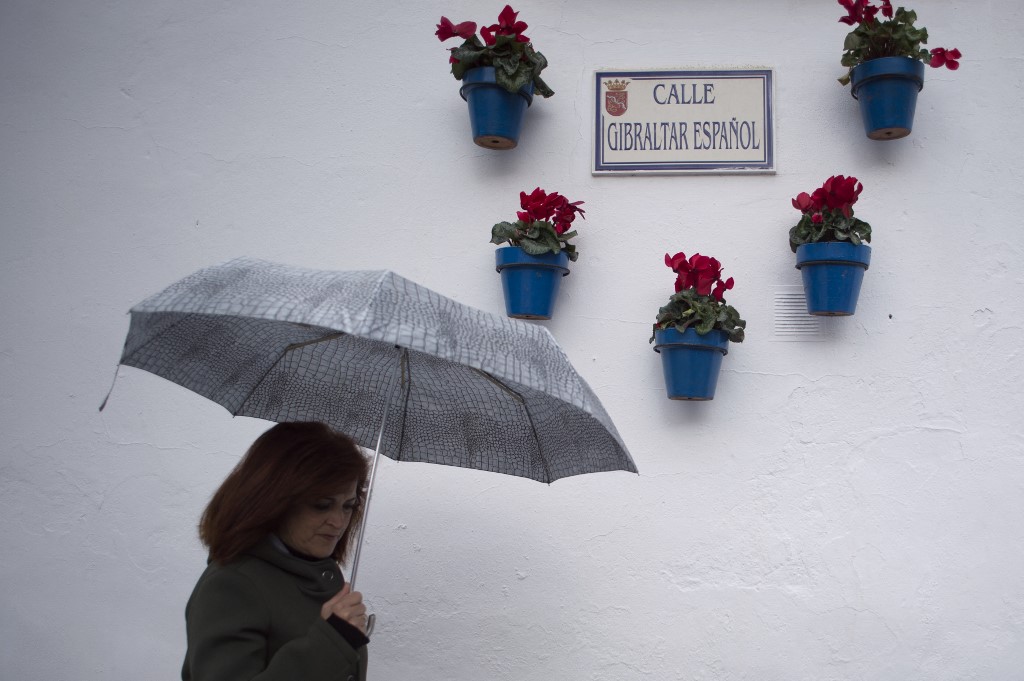
You won’t get (too) drunk
Although Spain is full of bars and drinking alcohol is very much part of everyday culture, there isn’t the same culture of binge drinking that exists in northern European countries such as Britain, where it’s not unusual to find a seat in a pub after work on a Friday and stagger out at closing time with only a packet of salt and vinegar or a bag of roasted peanuts as sustenance.
Ordering a pint instead of the more usual caña raises eyebrows in the expectation that the drinker is on a ‘bender’. Tapas is considered an accompaniment to drinking and the phrase “eating is cheating” most definitely doesn’t apply.
The Spanish night out involves touring a number of different venues over the course of an evening, it’s all about the socialising rather than the alcohol consumption.
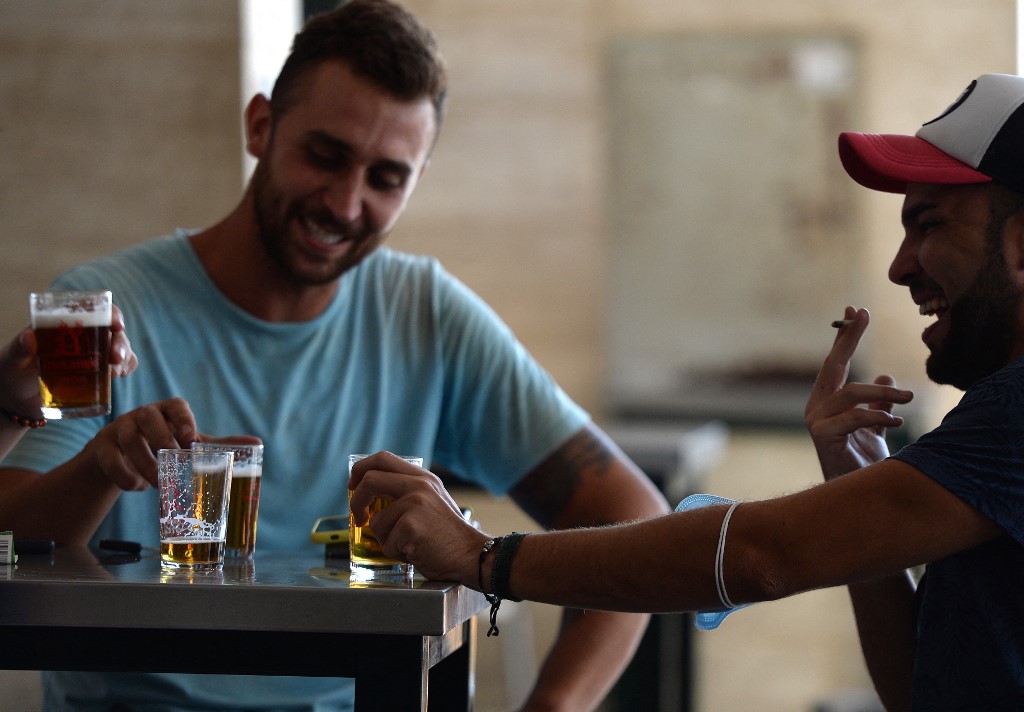
You socialise as a family
Spaniards are extraordinarily social, even to the point that is rare to see someone eating at a restaurant table alone or, god forbid, make a solo trip to the cinema.
And there is little in the way of segregation between generations. Weekend lunches involve all the family, from great grandparents to toddlers and café terraces will be filled until late into the night – at least in summer – with young children playing while their parents socialise.
During fiestas, an essential part of community life in Spain, all ages get involved in activities and no-one is considered too old or too young to have a good time.
READ ALSO: Nine Spanish culture shocks that I still can’t get my head around
You belong to dozens of Whatsapp groups
Spaniards are amongst the biggest users of WhatsApp and this means that you’ll probably end up belonging to several, if not dozens, of Whatsapp groups. There’s groups for work colleagues; neighbours; parents; a particular event such as “Cumpleaños de Juan” or “Friday night drinks”. Mute them to save yourself and those around from going mad with the constant notifications.
You pay for everyone’s drinks on your birthday
Spaniards are particularly generous when celebrating birthdays, but unlike in other countries where you can expect your friends to buy you drinks all night, here it is the job of the birthday boy or girl to treat all their friends.
So, the day you take your own cake into work and treat your friends to your own birthday drinks, you know you´ve gone native.
READ MORE: Why does the birthday person pay for everyone’s food and drinks in Spain?
You kiss total strangers
Okay, this one may have been replaced by fist bumps, light hugs or pats on the back as a result of the pandemic, but the general rule will no doubt return one day.
Spanish people always kiss each other on the cheeks to greet each other. It is always two kisses and it takes place when you are introduced to someone even if it is the first time you meet them. If the greeting is between two men it’s a thump on the back, or a wave of the hand.
Any other form of greeting in Spain will be met with befuddlement. Attempt just one kiss and you will leave the Spaniards kissing in mid-air and if you stick out your arm for a handshake then expect it to be pulled in and met with the double kiss.
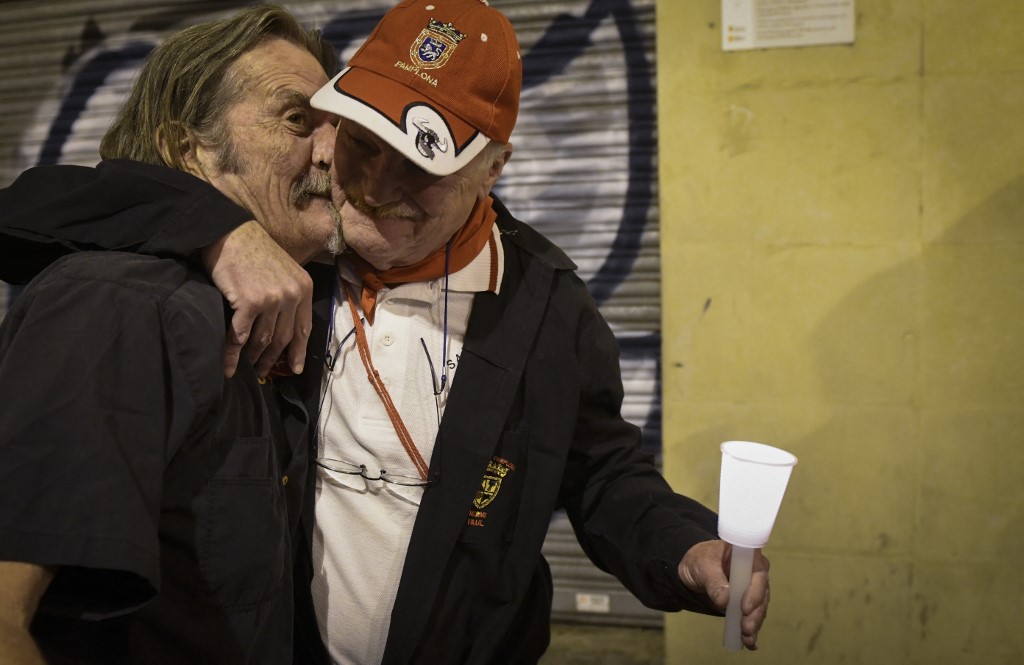
It takes ages to say goodbye
By the time you are ready to leave the group, you will be old friends and this means another round of kissing everybody (currently replaced by the pandemic-friendly greetings) and a chat about things. Standing up and waving in the general direction of the group before making a hasty exit is just not a very Spanish way of doing things. And sneaking off without a word is just considered plain rude.
READ ALSO: The most common mistakes foreigners make when greeting people in Spain

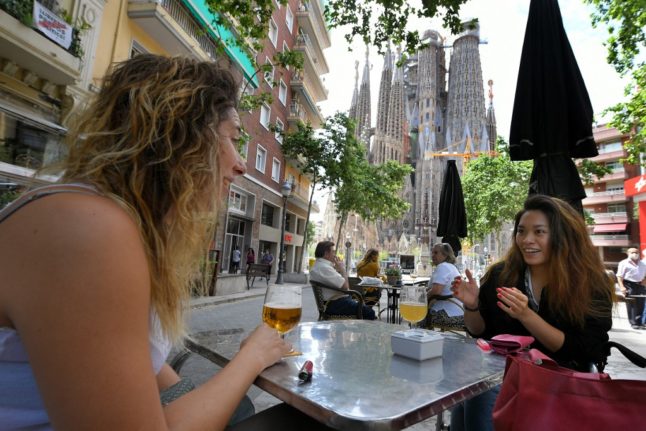
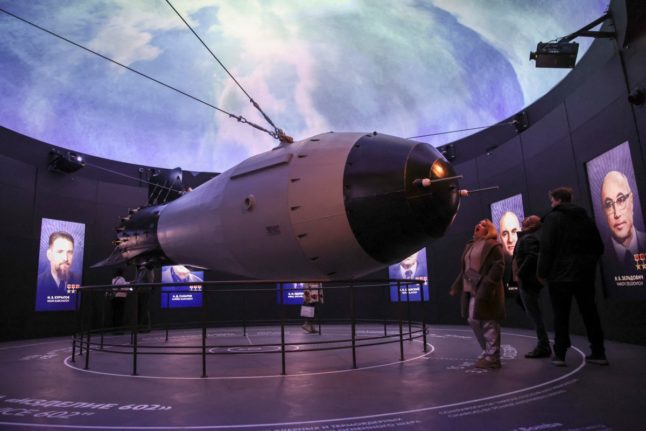
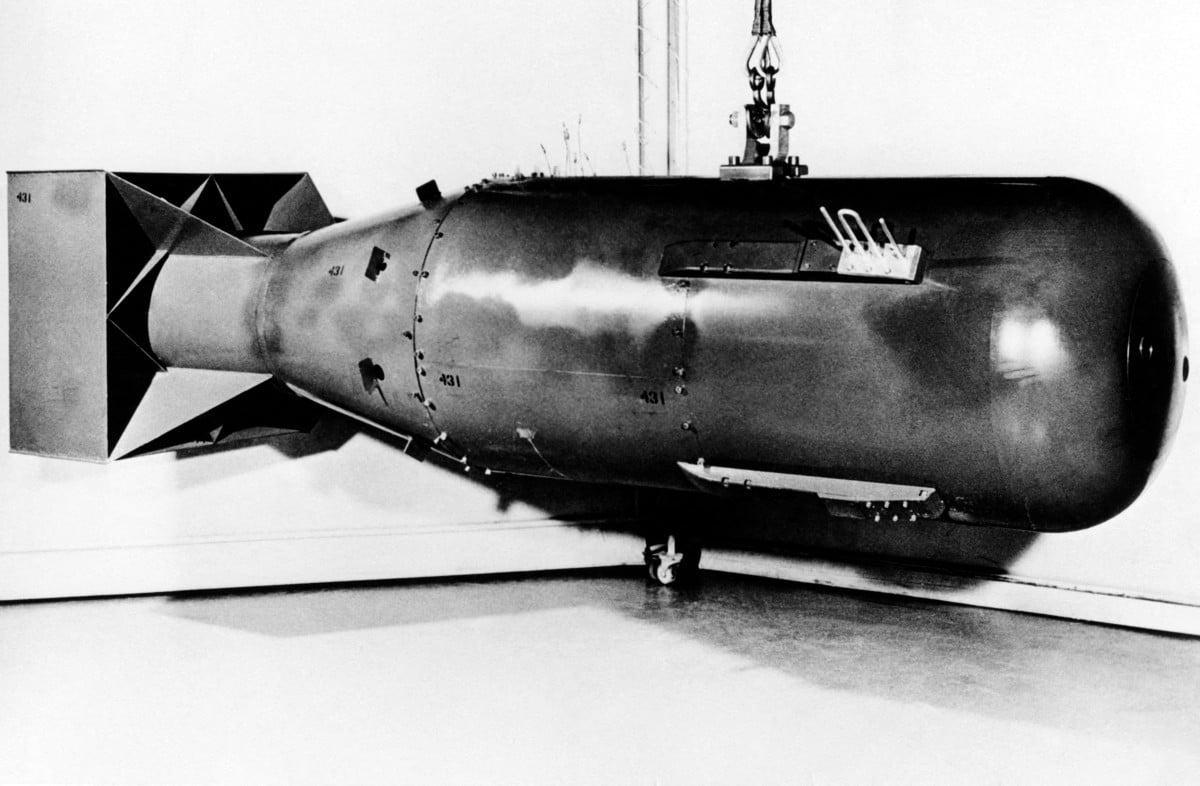
 Please whitelist us to continue reading.
Please whitelist us to continue reading.
Member comments